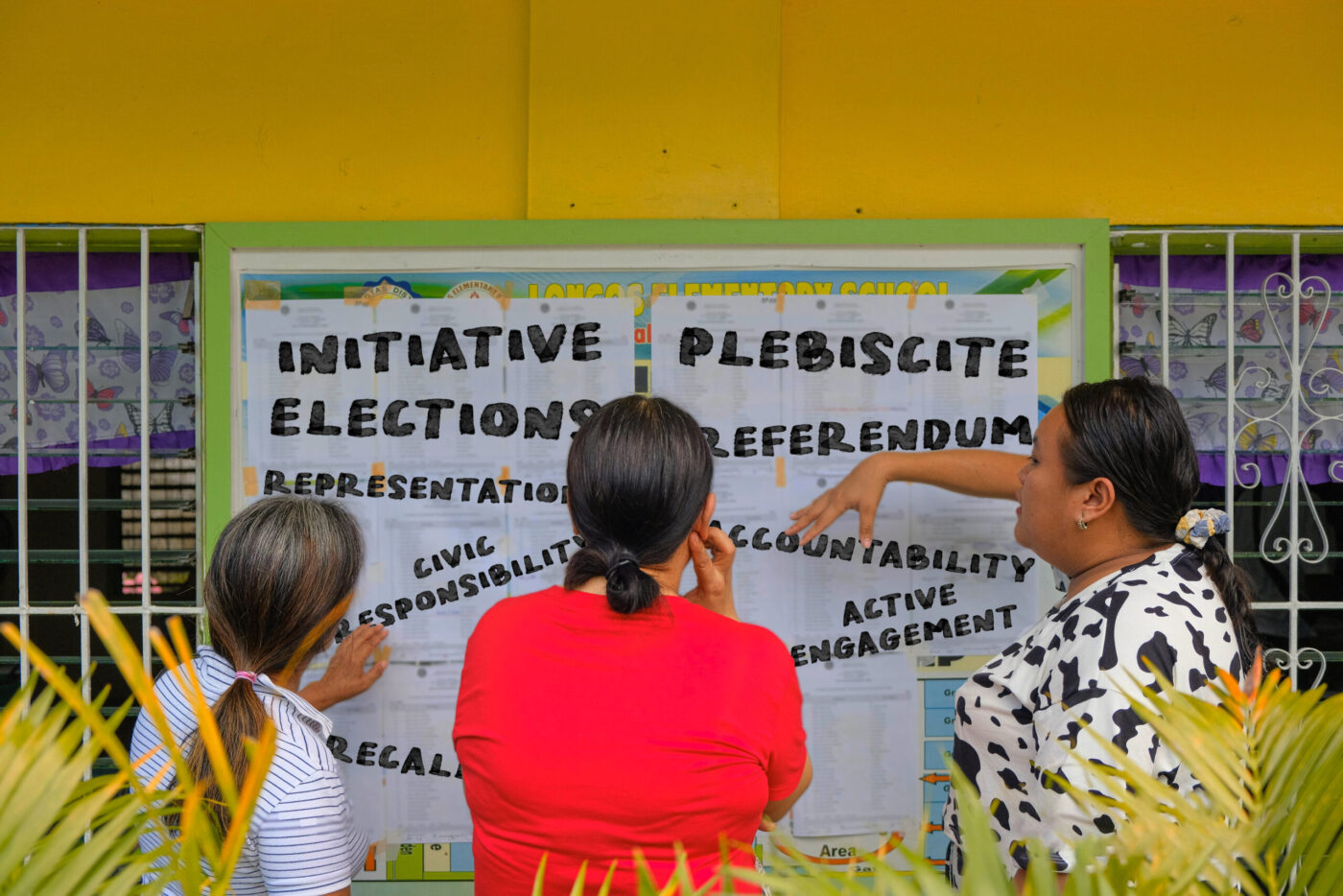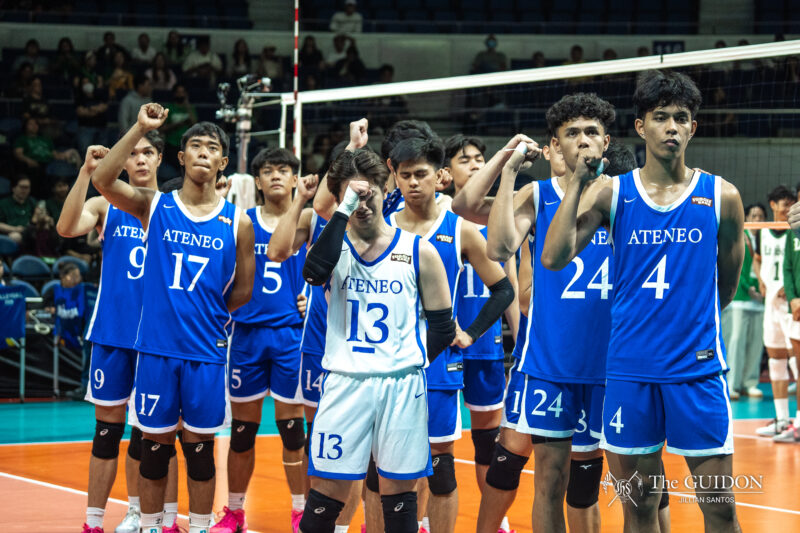DISCUSSIONS ON suffrage tend to revolve merely around regular electoral voting. The term, however, extends far beyond the cast of a ballot upon the ever-increasing need to participate with the precarity of the current electoral system.
With the 2025 Midterm elections at the fore, democratic participation remains integral to the future of representation and government accountability.
Dissecting electoral processes
One of the basic foundations of Philippine democracy is the exercise of Filipinos’ right to suffrage, the freedom to vote in any electoral process. However, suffrage espouses a larger definition not bound by electoral voting; the term encompasses different mechanisms that ensure representation of the people’s will and government accountability.
Given the broad nature of exercising suffrage, Ateneo De Manila Political Science Department Lecturer Jess Paul Pasibe, MA introduces the right through different forms of voting as manifested through the regular election, plebiscite, initiative, referendum, and recall.
As Pasibe explained, exercising the right to vote is famously represented through the regular election of governing officers. However, Filipino citizens are also allowed to vote by plebiscite or the electoral process to approve or reject proposed constitutional amendments.
The right to initiative also grants the Filipino people the power to propose constitutional amendments or new laws. Similarly, exercising suffrage encompasses the call for a referendum, wherein the electorate decides to approve or reject legislation proposed by governing bodies.
In parallel, Filipinos can also express their suffrage by recall—the process of removing a public officer before the expiration of their tenure due to dissatisfaction with their performance; this act is exercised through a petition signed by qualified voters.
With these alternatives, non-election forms of suffrage allow the Filipino people to participate in decision-making in both local and national governance.
Decoding the use of suffrage
Although these forms of suffrage are established by law, their applications remain rare. Pasibe noted that no national people’s initiative has ever been successful enough to necessitate legislative follow-through.
If anything, most successful instances are often at the local level, such as in Barangay Milagrosa in Quezon City where voters enacted a barangay ordinance on illegal settlers, mendicants, abusive barangay officials, and drug trafficking. Historically, People’s Initiatives on the national level have primarily served as a means to raise awareness and pressure legislators.
For instance, a 2014 People’s Initiative sought to introduce a new law banning the Priority Development Assistance Fund (PDAF) in response to the 2013 “Pork Barrel” Scam. Similarly, a 2021 PIRMA Kapamilya Campaign organized a People’s Initiative campaign to lobby for a new broadcast franchise for the ABS-CBN Corporation following its legislative expiration.
Unlike People’s Initiatives, recalls on the other hand have largely succeeded although with political backing. “Some of the criticisms against all these [initiatives] are that [they] can easily be manipulated by political players who have the machinery and resources to do so,” Pasibe notes.
A Recall that exhibited such tendency is the 2015 Puerto Princesa Mayoral recall election, which was initiated by supporters of former District Representative Edward Hagedorn after his wife’s mayoral campaign failed in the 2013 elections.
At the national level, many of the most well-known initiatives have been tied to Constitutional Amendments backed by then-incumbent administrations. For one, the 1997 People’s Initiative for Reform, Modernization and Action (PIRMA) campaign under former President Fidel Ramos advocated for a shift to a Parliamentary form of government.
On the other hand, the 2006 Sigaw ng Bayan initiative under Gloria Macapagal-Arroyo pushed for constitutional overhaul. In 2024, the PIRMA campaign backed by House Speaker Martin Romualdez focused on relaxing restrictions toward foreign investments.
Tackling distorted systems
Despite the variety afforded to the Filipino people to exercise suffrage, the Philippines continues to face issues of vote-buying, patronage politics, and violence that hinder the efficacy of the elections.
“[The] elections do not fulfill the requirement of being a genuine democracy [as it] would have to be free, fair, and sufficiently frequent toward putting the people’s will to its fullest effect,” Pasibe asserts.
Given the pivotal role of the electoral process, Pasibe emphasizes the increasing need to understand the right of true democratic exercise without any external influence.
Thus, the electoral process does not end with ‘wisely voting’ or casting ballots, as democratic participation does not end with suffrage. Instead, these practices must be integrated together to enhance accountability within institutions. Ultimately, these actions toward democratic participation are geared to create a culture of active citizenship and civic responsibility.




